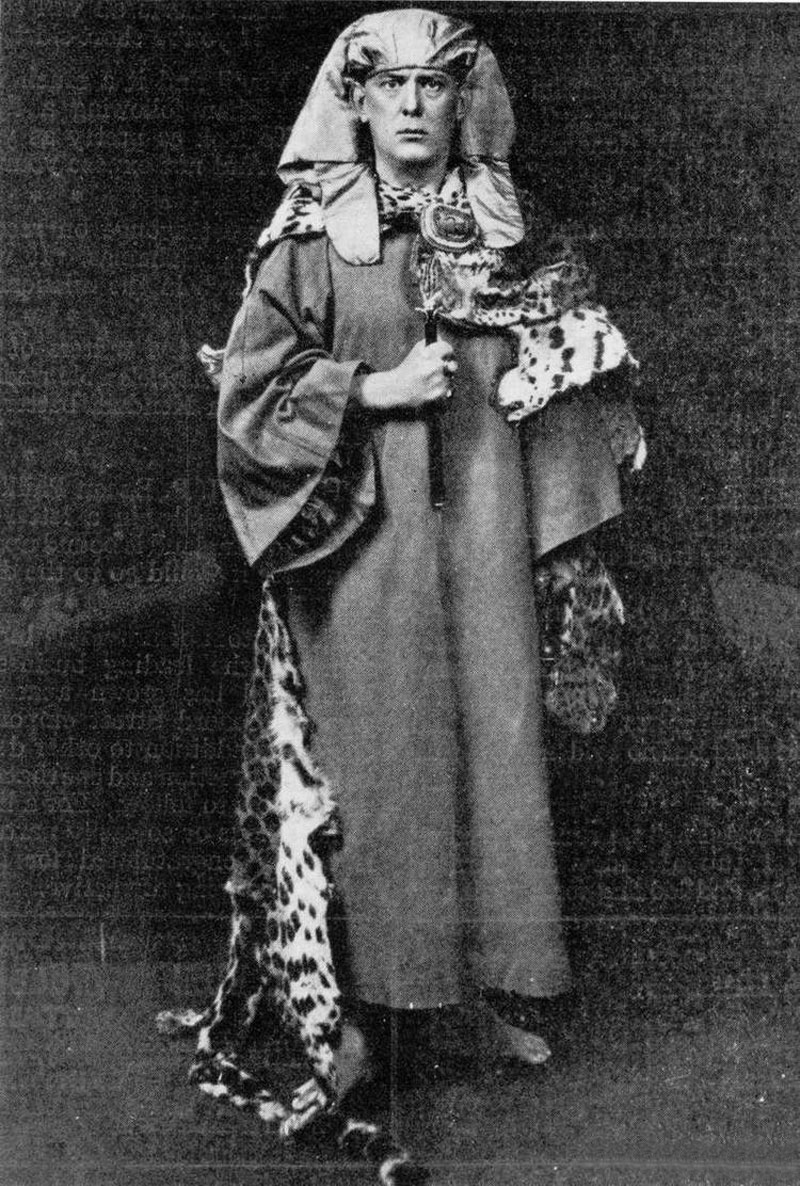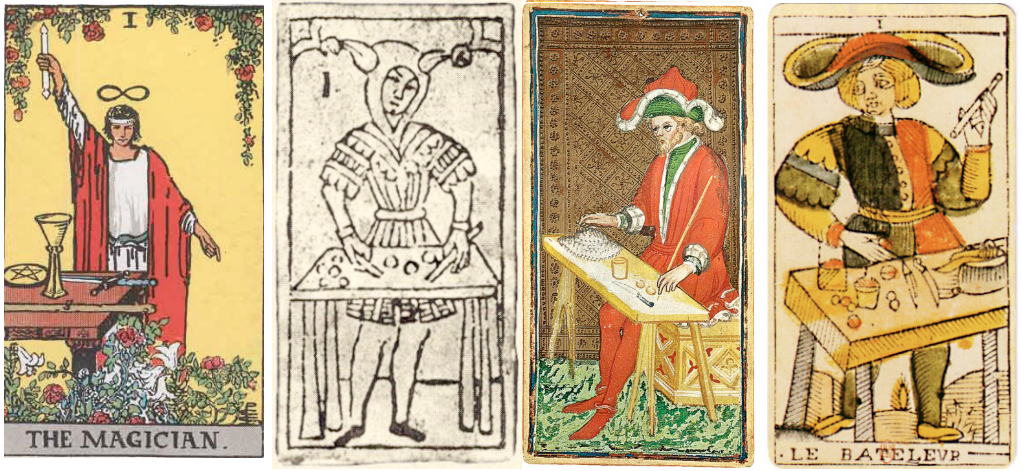Magician
A magician is a practitioner of ritual magic, especially as connected with occult or metaphysical practices.
Qualifications
In a practical sense, ritual magic can be performed by anyone, and therefore, anyone may call themselves a magician. For instance, some charms can be recited by individuals with no specialist knowledge nor any claim to having a specific power, while more complex rituals require specialised training in order to perform them. Some of the individuals who performed magical acts on a more than occasional basis came to be identified as magicians, or with related concepts like necromancer, witches, or cunning folk.
Identification as a magician may stem from an individual's own claims about themselves, or it can be a label placed upon them by others. In the latter case, an individual could embrace such a label, or they could reject it, sometimes vehemently.
There can be economic incentives that encouraged individuals to identify as magicians. In the cases of various forms of traditional healer, as well as the later stage magicians or illusionists, the label of magician could become a job description. Others claim such an identity out of a genuinely held belief that they have specific unusual powers or talents.
Different societies have different social regulations regarding who can take on such a role; for instance, it may be a question of familial heredity, or there may be gender restrictions on who is allowed to engage in such practices. A variety of personal traits may be credited with giving magical power, and frequently they are associated with an unusual birth into the world. For instance, in Hungary it was believe that a táltos would be born with teeth or an additional finger. In various parts of Europe, it was believed that being born with a caul would associate the child with supernatural abilities. In some cases, a ritual initiation is required before taking on a role as a specialist in such practices, and in others it is expected that an individual will receive a mentorship from another specialist.
Traditionally, the most common method of identifying, differentiating, and establishing magical practitioners from common people is by initiation. By means of rites the magician's relationship to the supernatural and his entry into a closed professional class is established (often through rituals that simulate death and rebirth into a new life).
Criticism
Throughout recorded history, magicians have often faced scepticism regarding their purported powers and abilities. For instance, in sixteenth-century England, the writer Reginald Scot wrote The Discoverie of Witchcraft, in which he argued that many of those accused of witchcraft or otherwise claiming magical capabilities were fooling people using illusionism.
Tarot card
The Magician is the name of the first card in the Major Arcana in most traditional Tarot decks. The Magician as an object of occult study is interpreted as symbolic of power, potential, and the unification of the physical and spiritual worlds. This card was originally called the mountebank or juggler in earlier decks, indicating the ability of magicians to trick or entertain their patrons.
In fiction
Magicians and similar magic-workers are commonly found as characters in the fantasy and horror genres. In fantasy, a magician may be shown wearing a pointed hat, robes, and/or a cloak. In more modern stories, a magician may be dressed in a black robe if they are the antagonist. To introduce conflict, writers of fantasy fiction often place limits on the magical abilities of magicians to prevent them from solving problems too easily. A common motif in fiction is that the ability to use magic is innate and often rare, or gained through a large amount of study and practice.
Fictional magicians
- Boris Balkan from The Ninth Gate (1999)
- Chucky the doll from the Child's Play horror films
- Doctor Strange from the Marvel Comics series
- Dr. Alan Lanier from Nightmare on the 13th Floor (1990)
- Imhotep from The Mummy horror films
- Jafar from the Aladdin films
- Jareth from Labyrinth (1986)
- Magistimes from Eyes of the Tarot (1983)
- Thulsa Doom from Conan the Barbarian (1982)
Famous magicians
Many individuals achieved fame and notoriety during or after their lifetimes for their work as magicians. In some cases, such as King Solomon, there is scant evidence they actually practiced magic in the strictest sense of the word, and this reputation was earned long after his death.
Other names
Those who practice ritual magic may be called by other names, all of which have some connection to the umbrella term "magician." These include:

